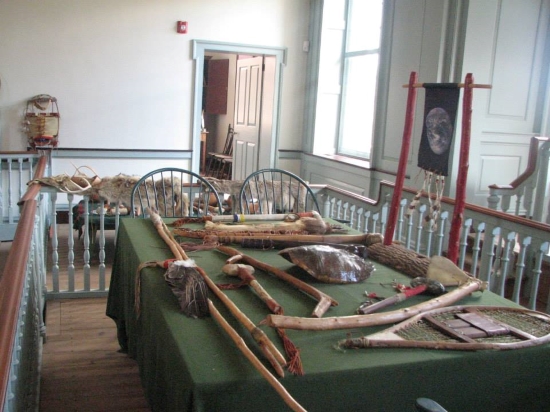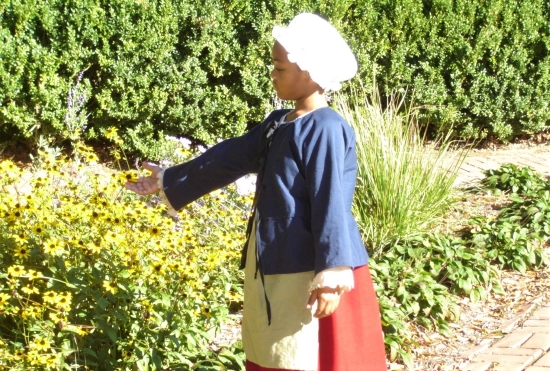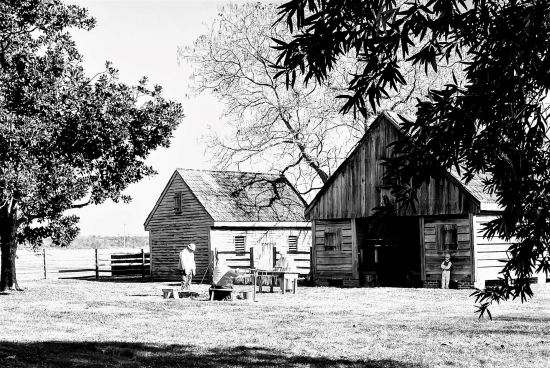Diversity in Delaware History Webinar Series
By Vertie Lee, Delaware Division of Historical and Cultural Affairs’ curator of education
In September 2020, the Delaware Division of Historical and Cultural Affairs entered into a partnership with the Delaware State Education Association to provide a webinar series on diversity in Delaware history with the support of the Delaware Historical Society and the Jane and Littleton Mitchell Center for African American Heritage. Teachers had been requesting ways to understand and discuss hard history with their students. The purpose of the webinar series was to provide a historical context to understand the complex and often difficult role that race has played in the history of our country and the state of Delaware.
For the division, this was an opportunity to take measurable action on our Race and Equity statement. Two principles from the statement guided the creation of the webinar series — that we strive to practice inclusive history and we will be undeterred in bringing forth diversity in our stories. When we discuss inclusive history, we are committed to broadening the narrative. Bringing stories to light that have not been told, have been diminished or erased. But how do we do this? How do we put into practice these difficult discussions of hard history?
First, we remember that we are stewards of Delaware’s history and this history includes stories of anguish, courage and defeat. We cannot shrink from the pain of our shared history. In order to effect change, we must become comfortable with discussing hard history. For history to be inclusive and diverse, all history must be recognized as our history. We cannot let our comfort level determine what we hear or do not hear.

So, what benefits do we gain from these uncomfortable conversations? We begin to see and hear different perspectives. We create a space where everyone can share and take ownership of our shared history. We increase the stories represented. As one teacher who attended the webinars stated, “I will be able to share my knowledge with my students and hopefully help them to all feel comfortable in their own skin and proud of their heritage no matter what it is.” People begin to see themselves as an integral part of our history. When the students connect their personal stories to the history being taught in schools, they form a connection to what they are learning that ultimately makes them better, more engaged students.
In our contemporary life, we can begin to see how our decisions in the past have affected and led us directly to where we are today. How those choices have formed the institutions and societal framework in which we operate in the 21st century. We begin to see the context that historical analysis brings.
In the end, we hope that this work will help us develop deeper connections to our communities. We saw progress towards this goal in conversations with teachers at the conclusion of some of the webinars and anonymous written feedback such as, “It helps make me a little more sensitive to the needs of the children I serve, and more aware of the differences and difficulties that still need to be faced.”
For the structure of the webinar series, the education association asked if we would present history starting from the beginning. As a result, the webinar series features six episodes in a linear timeframe. The concept was to take an over-all look at the history within the period so that each webinar would build on the information gained in the previous session.
The first webinar focused on Native American history and lived experience. It was important that participants learned that Delaware continues to have a rich and vibrant Native American community.

The next five sessions would start in the 17th century with colonialism and end with the civil rights period of the 20th century. The sessions focused on the African American historical experience through primary sources, legislation and diverse stories represented by the division’s historic sites. Topics ranged from colonialism, slavery, segregation and civil rights. Each webinar was presented on the second Tuesday of the month from 6 to 7:30 p.m.
The Delaware State Education Association’s Director of Instructional Advocacy, Dr. Deborah Stevens, stated that the division and its partner’s “accurate portrayal of the experiences, influences and contributions of the Indigenous and Black population in Delaware provided educators and community members with information and resources that can be used to help students and the community at large understand the benefits of cultural diversity and to develop pride in their own cultural legacy. We look forward to working with our partners on future projects to further our goals of equity and social justice.” This inaugural series was so successful that the education association has already invited the division for another Diversity in Delaware professional development series next year.
Dr. Stevens shared some of the feedback that the education association received from the teachers attending the webinar series. In addition to what has been shared above, here are some excerpts:
“My key takeaways from this session are to be aware of bias or perspective when looking at teaching materials and to give voice to those who have none. It’s important to share history from different perspectives so that we can see a clearer picture for all.”
“My learning about the Jim Crow laws and policies and practices in place through Reconstruction and into the 20th century helps me to see a truer picture of our state history. Being aware of the racism, segregation and oppression that groups of people had to endure helps me to be more understanding of anger, distrust and fear that families might still harbor.”
“I really appreciated the introduction to the entire series. History, as it has been recorded, is very one sided and many people don’t talk about ‘the other side’ because it makes them angry, ashamed, vulnerable, uncomfortable, guilty and a whole rainbow of emotions or they just don’t know. It’s discussions like this that help make the change. So many people are afraid or don’t understand what privilege is or recognize that they even have it. I’m so thankful for this series to not only self-discover, but also to help pass that along to my students.”
At the Division of Historical and Cultural Affairs, we are taking a deep look at the items we collect, the stories we tell and the objects we display. We are passionate about history and sharing that history — even when it is most painful to discuss. But it is at that moment that we must have those conversations.
Go to the following for more information on the Delaware State Education Association’s Diversity in Delaware History Series.




